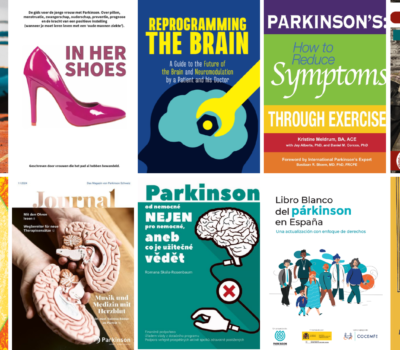Latest news

Parkinson’s is life-altering, but not life-threatening
Parkinson’s is a neurodegenerative condition – an illness that affects nerve cells in the brain that control movement. Parkinson’s is progressive, which means symptoms appear gradually and slowly get worse.
Parkinson’s affects people of all races and cultures. Around 10 million people have the condition worldwide – that’s less than one percent of the total population.
Whether you’ve just been diagnosed or are researching for a friend or family member, here you’ll find everything you need to know about Parkinson’s. All material has been researched, reviewed and validated by experts.
Subscribe to our mailing list
Sign up to the Parkinson’s Europe mailing list and get the latest news, articles, events and opportunities sent directly to your inbox.
Our impact




Your kind donations will make a big difference
The work we do to support the 1.2 million people with Parkinson’s in Europe depends on your generosity.
Parkinson's Life

Parkinson’s Europe is the only European Parkinson’s umbrella organisation.
We have been championing and uniting the European Parkinson’s community for over 30 years.
As the leading voice for Parkinson’s in Europe, we provide trusted information, raise awareness of the condition, advocate for the needs of people with Parkinson’s, and facilitate research collaboration to help advance better treatments – and ultimately a cure.
Our vision is that people with Parkinson’s and their families have access to the highest standards of treatment, support and care they need to live a full and comfortable life.




